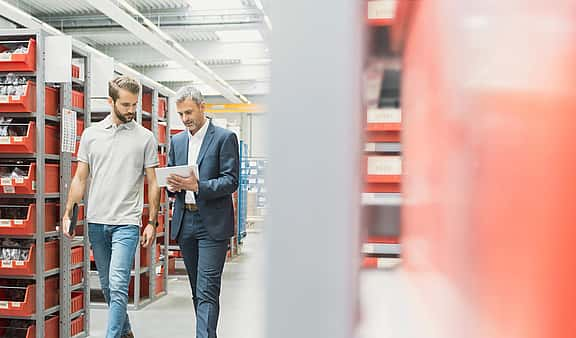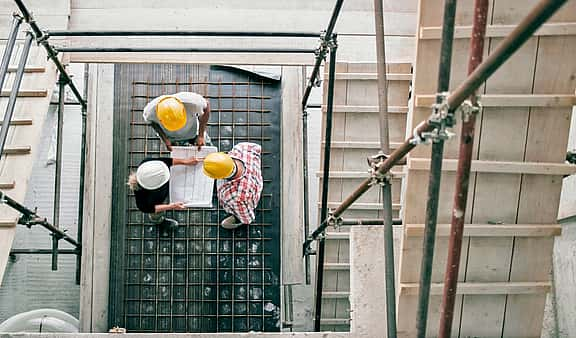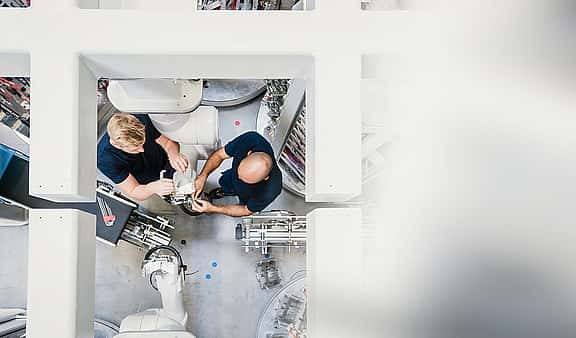It comes as no surprise that rising costs are causing serious challenges within the construction industry for business owners. Dealing with inflation is a key concern for construction firms as the cost of both materials and resources continues to spiral. On the plus side, demand is strong, and companies are reporting confidence in their outlook for the future.
However, construction firms must manage both their costs and their cash flow carefully if they are to both survive and thrive. Teaming up with a trusted financial partner such as grenke is vital at such a critical point in time. Their construction industry experience enables them to tailor finance solutions to suit your business cash flow and ensure retained valuable capital.
Equipment Financing
Any machine can be financed or leased in the construction industry. Equipment financing is a viable option when a business is not in a position to pay out large sums of money. The two primary options are either equipment loans or equipment leasing.
Equipment loans are where a business borrows funds to buy the required item, often using the equipment itself as security. This means based on the loan terms, that the equipment is confiscated if the business fails to make the agreed repayments. When repayments are met for the full term, the business then owns the piece of equipment outright. This is a key difference between equipment loans and equipment leasing.
Equipment leasing alters in that when the term of the leasing agreement is over, the business does not own the asset. However, the business may have an option to buy it. Leasing may be a more attractive option as it can be less expensive and usually requires no down payment. Another reason leasing might be considered is when the equipment will quickly become obsolete and need to be replaced.
It is important to make sure the lease terms suit you. For example, is there a financial penalty for terminating the lease early? Understanding the key differences between these equipment financing options is crucial. This is where talking to industry specialists like grenke will help clear any confusion.
Cost Management
Careful cost management is always vital in construction to keep projects on budget. It becomes even more critical when the rate of inflation is increasing, and unprecedented supply-chain issues cause costs to escalate. It is time to be proactive and take every cost management measure possible to ensure your construction business succeeds.
Minimising material costs and building strong relationships with suppliers is essential. Managing customer expectations and limiting change orders in advance are two important techniques to use. Estimating the cost of jobs accurately sounds obvious.
Nevertheless, when prices are fluctuating with the rising interest rates, an inaccurate estimate could be damning for an insecure business. This may mean using specific software applications which may need funding but will save money in the long term.
Finally, once a project is completed. From a project management standpoint, it is advisable once the construction project is finished. To perform a cost evaluation to compare cost estimation versus actual cost. Over time this builds into a valuable portfolio and resource for future projects.











